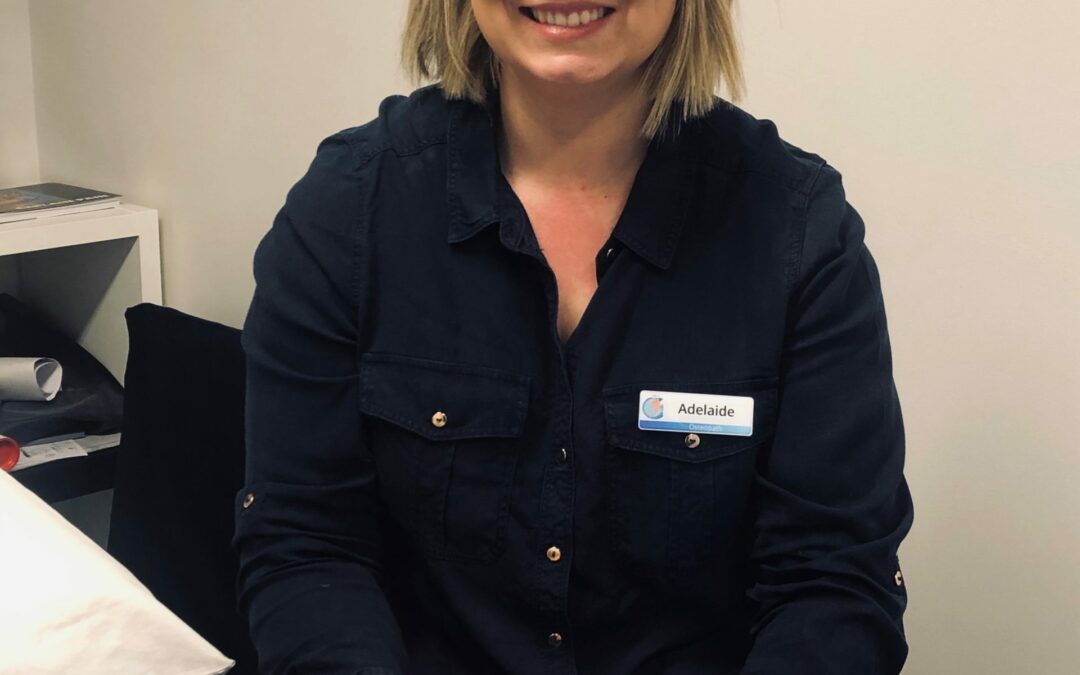Trigger point dry needling
Trigger point dry needling is a technique where a fine, sterile acupuncture filament needle is used to stimulate and relieve a “trigger point” in tight and sore muscles. So, what does that even mean?
A ‘trigger point’ is a tight or hypersensitive (tender!) part of the muscle that may feel like a nodule or band when you touch it. Your therapist may discuss the option of dry needling to treat these hyper irritable muscles to decrease your muscle tension or myofascial tissue, or use them closer to the bone, where the tendon portion of the muscles attach.

We commonly get asked the same questions, so let’s address a few of them here!
- Will it hurt? It depends on the individual. You may or may not feel them go through the skin, or feel when your therapist takes them out. Commonly, people either feel a short-lasting ache, twitch or cramp – particularly if the area is particularly sensitive. You may feel your therapist move your needles during your treatment to maximise the tissue release. Your therapist will discuss this prior and during your treatment, to ensure you are feeling informed and comfortable.
- What will I feel after? You can expect to feel a change in the tissue (muscle or tendon) tension. You may also experience post-treatment soreness for 1-2 days, but your therapist will discuss how to manage this during your session. There are other less common side effects such as bruising. The post-treatment effects are short-lasting.
- Is acupuncture and dry needling the same thing? The needle used during dry needling and acupuncture is the same type of needle, but the clinical reasoning and application is different. Dry needling involves the insertion of a needle into tight spots in muscles, whereby acupuncture aims to manipulate the body’s Qi (or energy flow) through meridians.
- What conditions can you treat with dry needling? Lots! You can use dry needling to treat a wide variety of conditions. These can include neck and back pain, gluteal and hamstring pain, tennis elbow, headaches, calf pain and much more.

If you would like to try dry needling with any of our osteopaths or physiotherapists, please contact us. Your therapist can discuss whether dry needling is indicated for your condition, and assess other health conditions.
If you have any questions, feel free to email me or follow this link to book online!
Adelaide Turner
Osteopath
